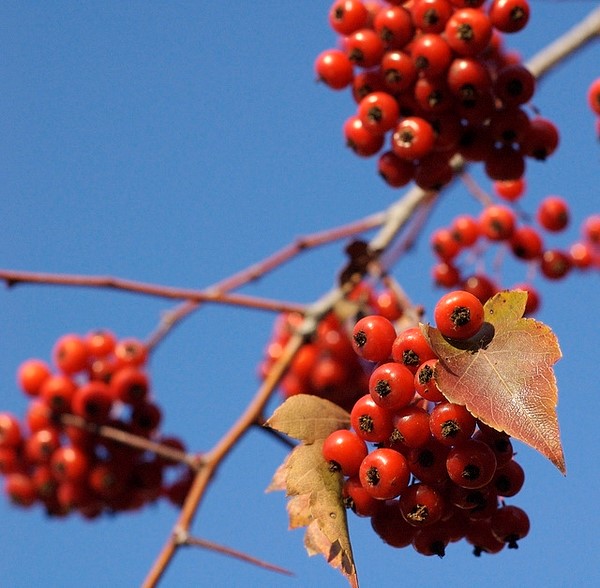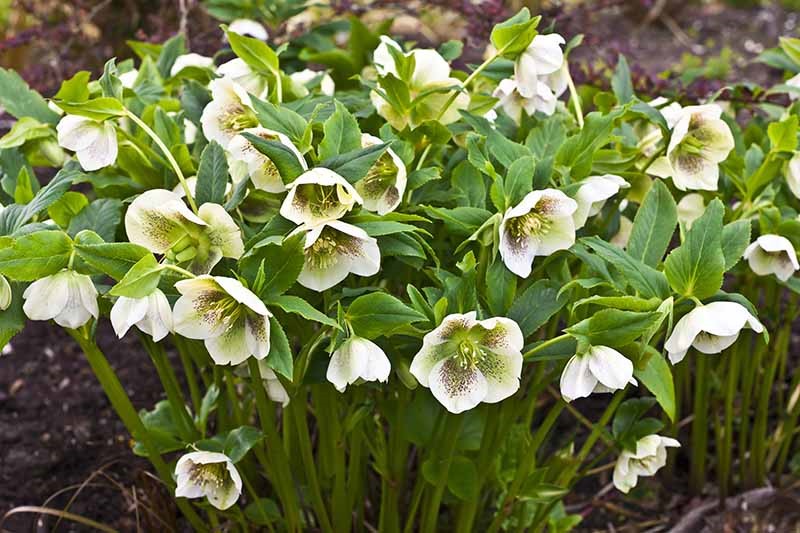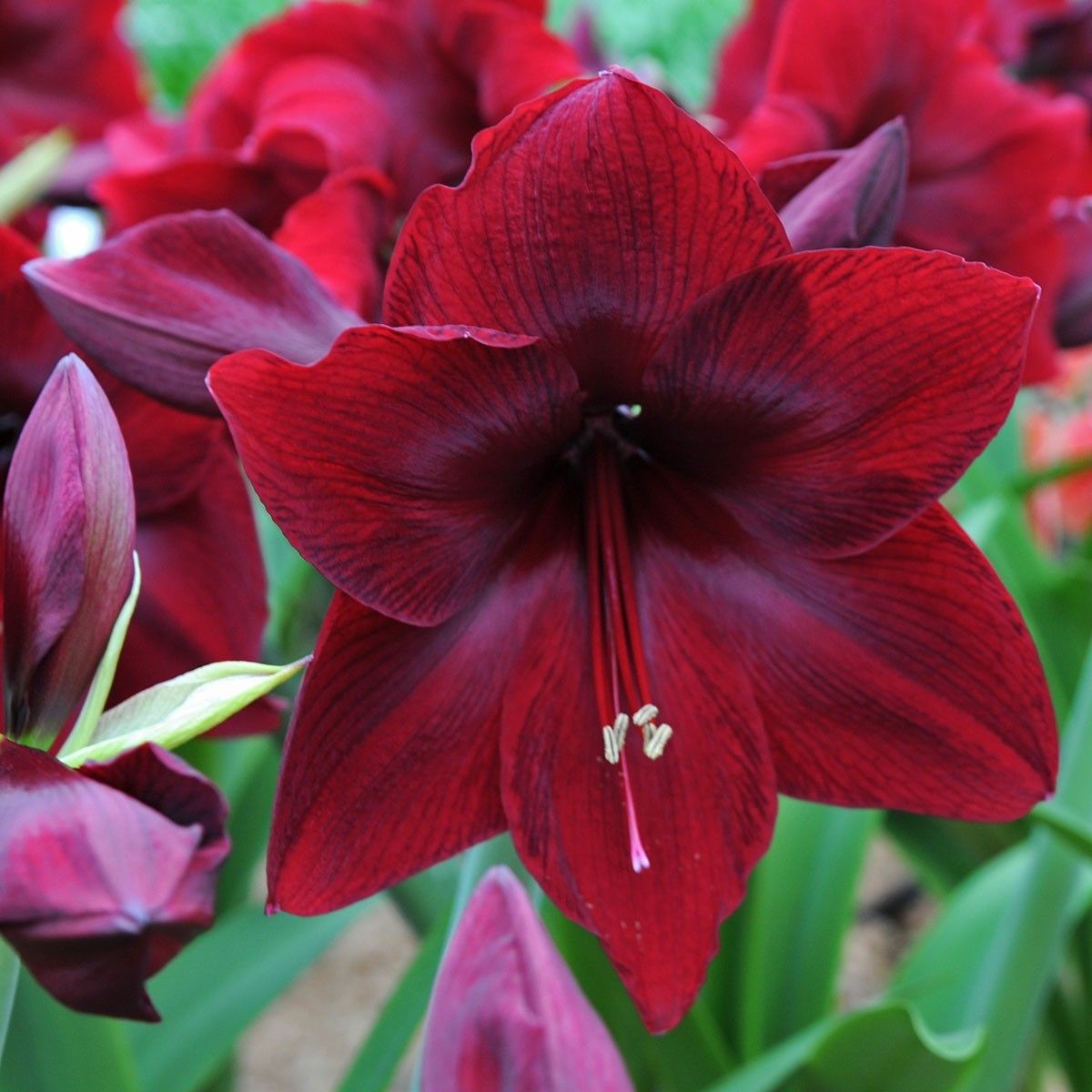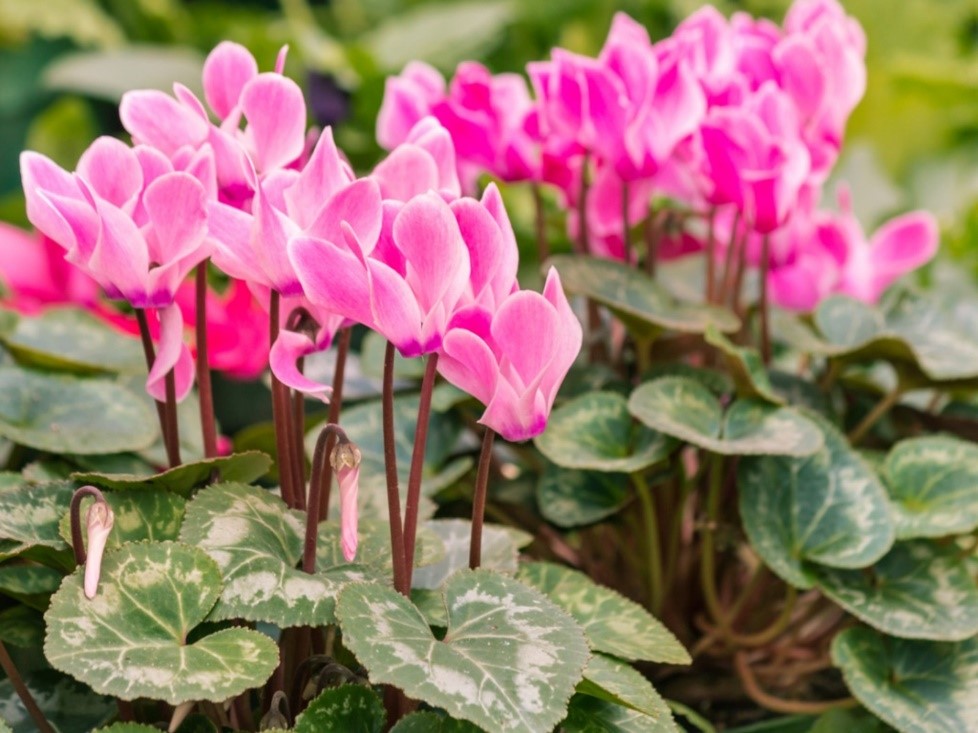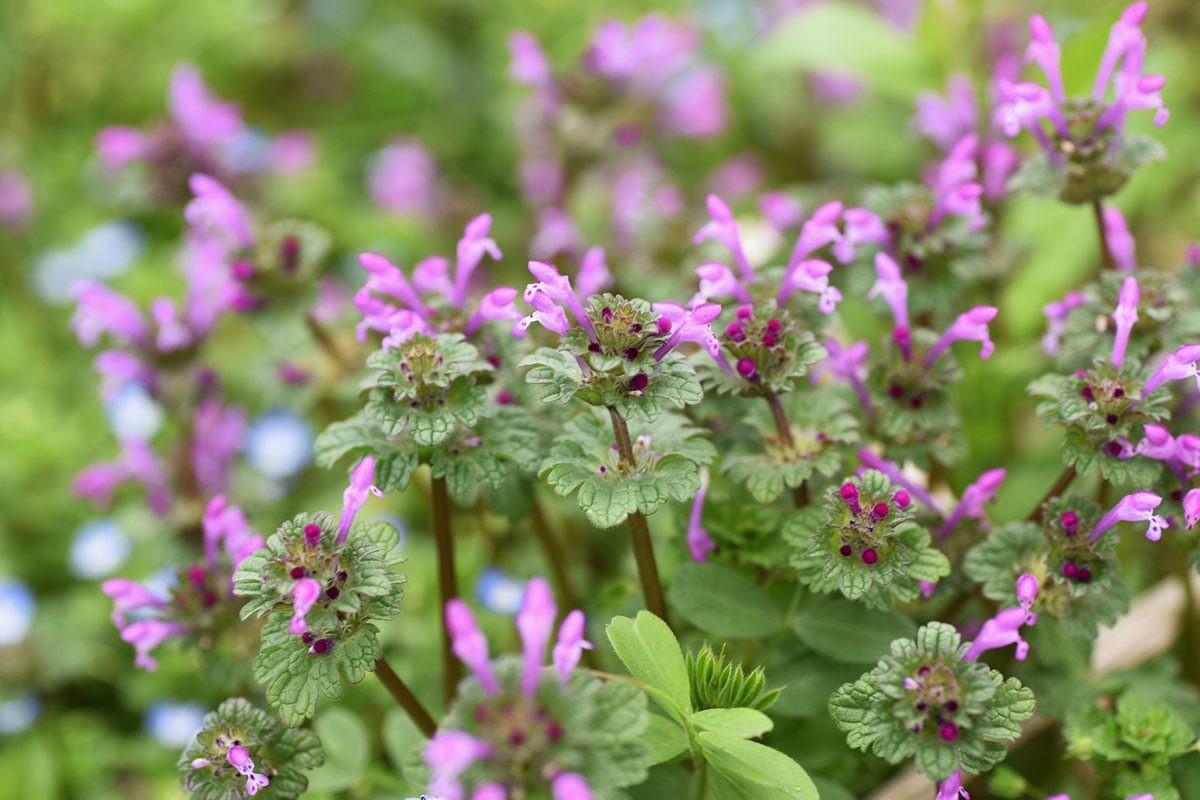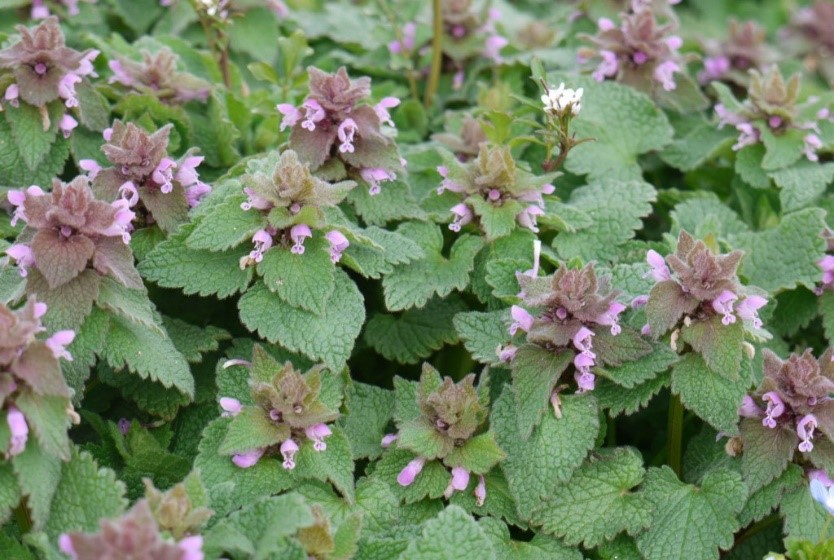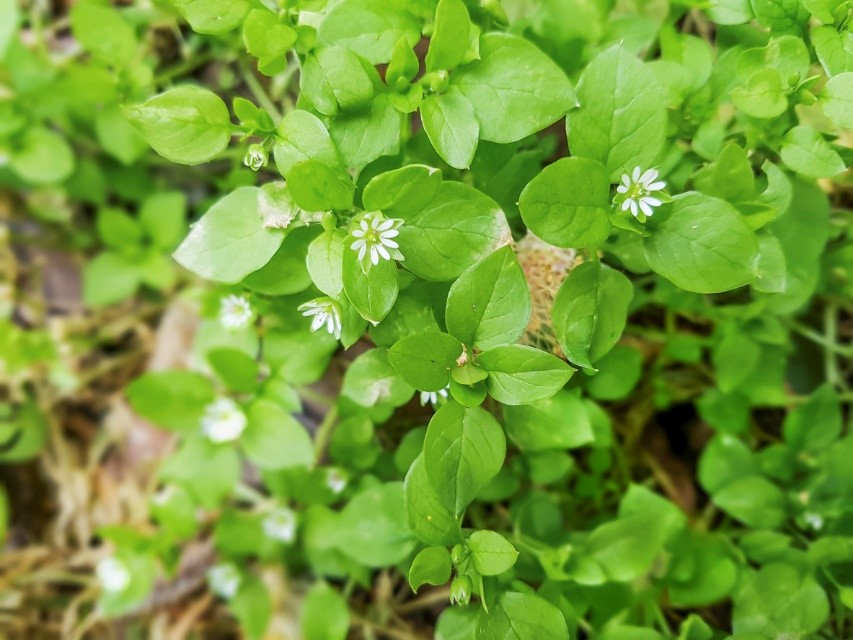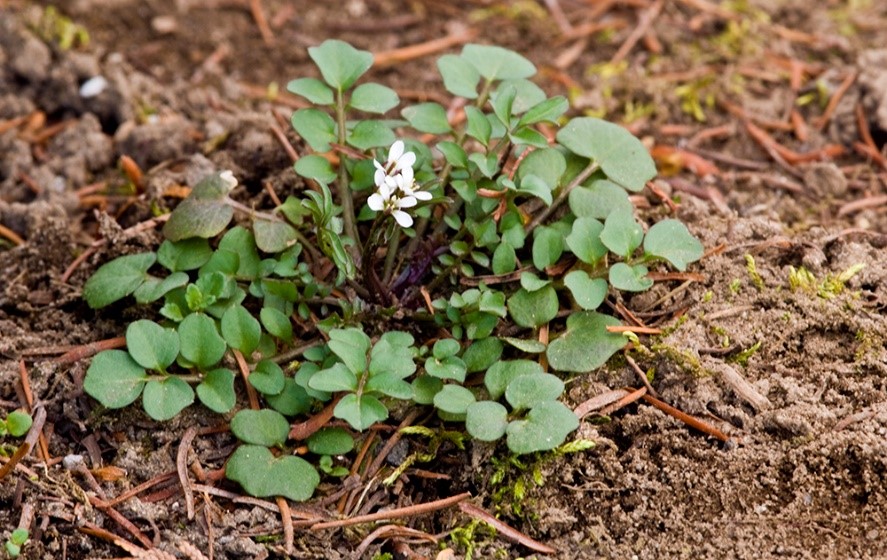January Garden Calendar
go.ncsu.edu/readext?835520
en Español / em Português
El inglés es el idioma de control de esta página. En la medida en que haya algún conflicto entre la traducción al inglés y la traducción, el inglés prevalece.
Al hacer clic en el enlace de traducción se activa un servicio de traducción gratuito para convertir la página al español. Al igual que con cualquier traducción por Internet, la conversión no es sensible al contexto y puede que no traduzca el texto en su significado original. NC State Extension no garantiza la exactitud del texto traducido. Por favor, tenga en cuenta que algunas aplicaciones y/o servicios pueden no funcionar como se espera cuando se traducen.
Português
Inglês é o idioma de controle desta página. Na medida que haja algum conflito entre o texto original em Inglês e a tradução, o Inglês prevalece.
Ao clicar no link de tradução, um serviço gratuito de tradução será ativado para converter a página para o Português. Como em qualquer tradução pela internet, a conversão não é sensivel ao contexto e pode não ocorrer a tradução para o significado orginal. O serviço de Extensão da Carolina do Norte (NC State Extension) não garante a exatidão do texto traduzido. Por favor, observe que algumas funções ou serviços podem não funcionar como esperado após a tradução.
English
English is the controlling language of this page. To the extent there is any conflict between the English text and the translation, English controls.
Clicking on the translation link activates a free translation service to convert the page to Spanish. As with any Internet translation, the conversion is not context-sensitive and may not translate the text to its original meaning. NC State Extension does not guarantee the accuracy of the translated text. Please note that some applications and/or services may not function as expected when translated.
Collapse ▲Plants in Flower & Plants of Interest
- Witch hazel, Daphne odora, Hellebores, hollies, Pyracantha, Washington Hawthorne
- Indoors: Amaryllis, Cyclamen, Poinsettia
Fertilizing
- Use wood ashes on your vegetable garden, bulb beds, and non-acid loving plants if the pH of the soil is below 6.0
Planting
- Plant asparagus crowns from mid-Jan to mid-March (late winter) when soil is dry enough to work and after the chance of a hard freeze has passed
Pruning
- Prune broken and undesired limbs on your shade trees
- Remove “weed” or undesirable trees from your landscape
Lawn Care
- Mulch tree leaves in the yard or collect to place around the base of your trees or in your flower beds
- Slow-release fertilizers may be applied on cool-season lawns
Spraying
- Keep an eye on winter annual weeds like henbit, chickweed, and hairy bittercress (now thru early spring)
- Spray on warmer days when temperatures are above 55°F
- Herbicides containing dicamba, 2,4-D, MCPP usually work for tall fescue lawns, but be sure to check the label for proper application method and rate, timing, and target weed and lawn species to make sure that product is right for the job
- Many weeds are tough to control and may need multiple applications in 10 to 14-day intervals, depending on the product
Propagation
- Hardwood cuttings of many landscape plants like forsythia (yellow bells), flowering quince, weigela, crape myrtle, juniper, spirea and hydrangea can be taken this month.
Specific Chores
- Care for holiday house plants like poinsettia, amaryllis, Christmas cactus, gloxinia and cyclamen.
- Order fruit trees and small fruit for a mid-March planting. Call your Extension office to place an order through our spring plant sale!
- Contact the Extension Center to find out the recommended small fruit varieties.
- Study your landscape to see what additions or improvements can be made this spring.
- Visit your local Extension Center for landscape and garden information.
- Prepare a spot in the vegetable garden for early spring vegetables like English peas, cabbage, carrots, onions, Irish potatoes, radishes, rutabagas, spinach and turnips.
- Study your seed catalogs and check for the All-American Selections of flowers and vegetables.





